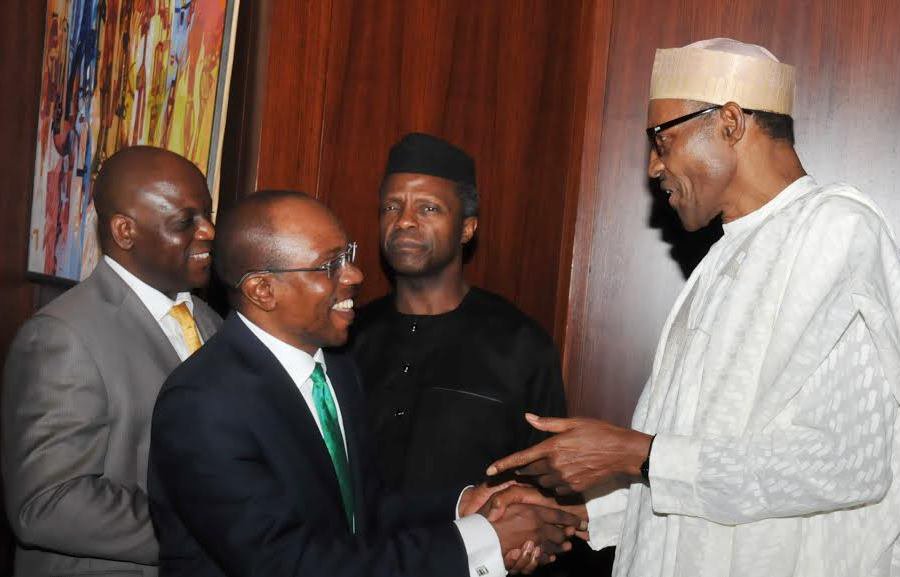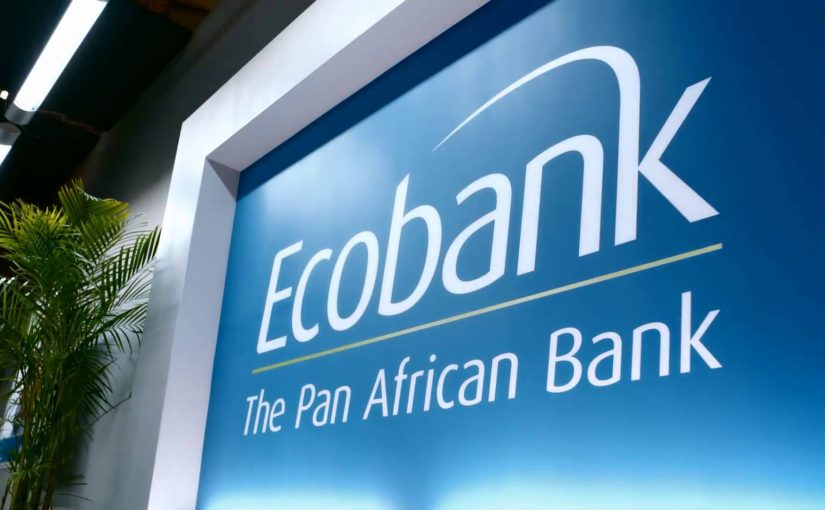Leading economic analysts and development pundits have given insights on why the Central Bank of Nigeria’s (CBN) Monetary Policy Committee (MPC), rose from its November meeting Tuesday to retain the previous standing of all rates.
In his assessment, Chief executive of Financial Derivatives Group, Mr. Bismarck Rewane said retaining the rates remains the best option considering the fragility of the economy which is still relaying most on oil price.
He said whereas some indicators like loan deposit ratio (LDR) are seemingly progressive trajectory, other volatile variables including external reserves depletion, inflation and market capitalization remain serious concerns after all.
Also reviewing the decision, analysts at Cordros Securities, said “In line with our expectation, the Monetary Policy Committee (MPC), faced with the choices of cutting rate or maintaining the status quo, elected to keep all monetary policy parameters at current levels. Specifically, all the Committee members voted unanimously in favour of a HOLD, reflecting a neutral stance and retaining the; MPR at 13.5% asymmetric corridor of +200/-500 basis points around the MPR Asymmetric CRR at 22.5% and Liquidity Ratio at 30%.”
Cordros Securities researchers agreed that at the crux of the Committee’s consideration were events across the domestic and global landscapes which included (1) subdued growth across developed economies, and (2) weakened global growth projections.
A summary of MPC decisions on key issues:
On domestic growth: The committee expressed satisfaction about economic growth, wherein GDP expanded by 2.3% y/y in Q3-19 (vs.+2.1% y/y in Q2-19). The committee now expects faster economic growth in Q4, forecasting GDP growth of 2.2% for 2019FY.
On inflation: The committee was unperturbed about land border closure induced inflationary pressures, brushing it off as only an initial reaction to the border closure and in effect, only temporary.
On private sector credit: To further support the economy, the committee re-emphasized the need for increased credit to the real sector, while acknowledging the effectiveness of the recent LDR policies. Specifically, the committee stated that credit to the private sector grew by NGN1.10 trillion between June and October 2019, as NPLs dipped to 6.5%.
Further investments in Agriculture: In a bid to boost domestic agricultural production and bridge the demand-supply gap, the committee has developed a “Commodity Development Initiative” to finance 10 commodities across the agricultural value chain.
Specifically, the committee stated that NGN171.60 billion has been disbursed towards the production of 10 commodities including but not limited to rice, oil palm, cotton, and cassava, which received NGN53.40 billion, NGN34.80 billion, NGN40.50 billion and NGN11.40 billion, respectively.









